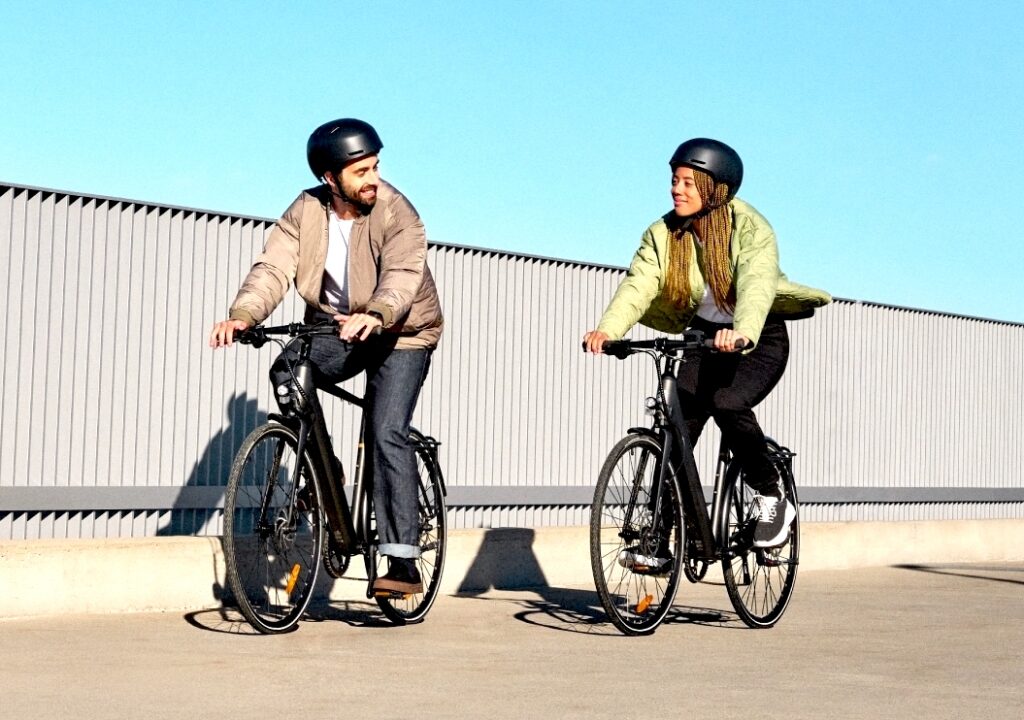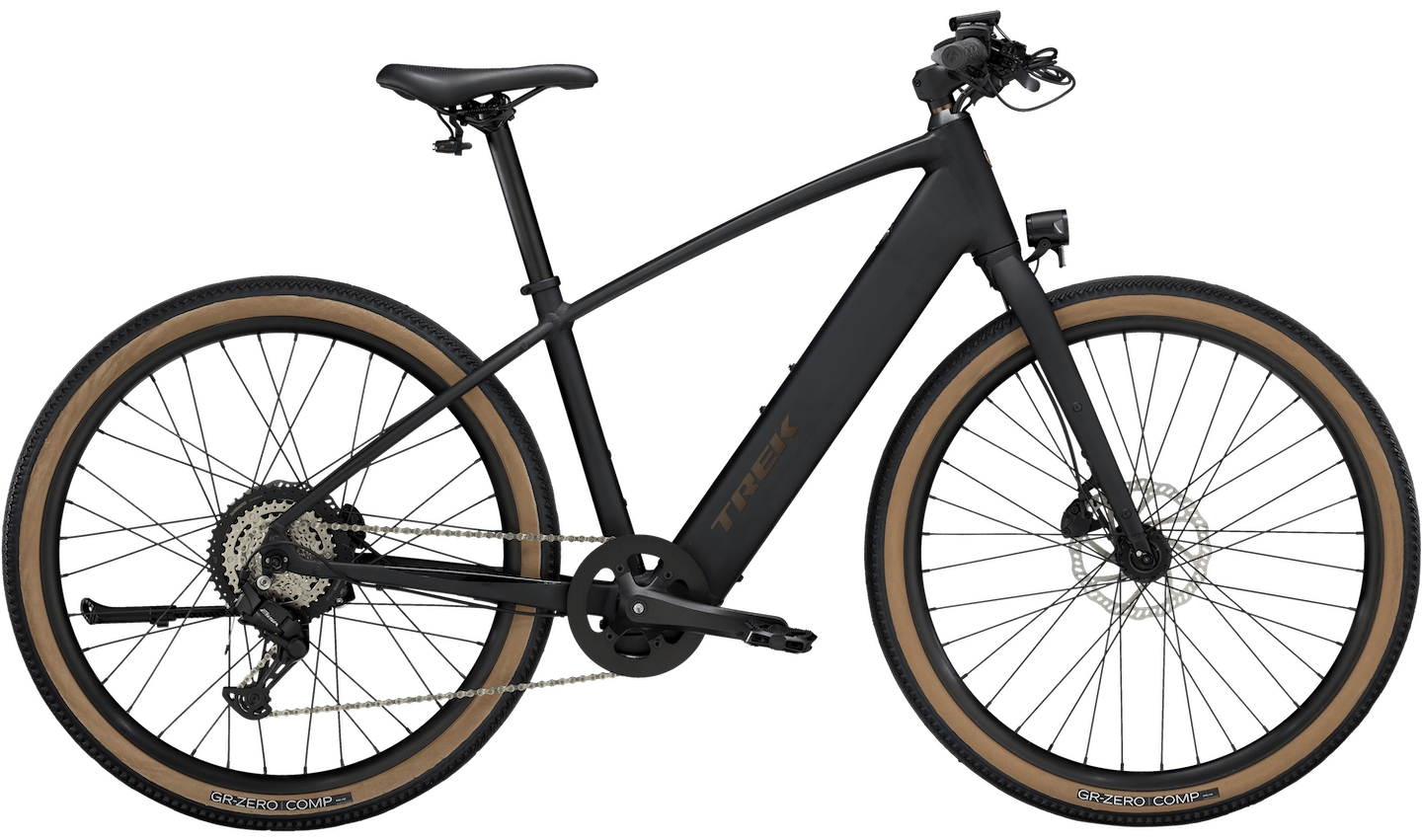December 23, 2024 - iGo Electric, based in Montreal, is the latest e-bike company to be impacted by the cycling industry’s current downturn that has seen a number of operations take a hit as bicycle sales have plummeted following the industry’s boom amidst Covid.

Founded in 2006 and owned by Fermetco Inc., iGo Electric has not met its financial obligations and in mid-November the Royal Bank filed a motion in the Superior Court of Quebec to appoint Ernst & Young Inc. as receiver. According to court documents the company owes over $19.5 million to secured creditors, and over $2 million to unsecured creditors.
iGo Electric began by selling e-fat bikes, and expanded into urban e-bikes as electric bicycles became more popular. Introducing as many as 17 new models in 2019, the company expanded across Canada and into the USA.
Along the way they introduced their Quest line of e-bikes initially sold through the London Drugs chain, and later through Costco.
The global surge in e-bike sales during the pandemic was followed by challenging times as the industry supply chain became bogged down trying to fill orders, resulting long waiting times for products to arrive. As cycling sales subsided post-Covid, many industry players suffered from high inventories amidst rampant discounting in the marketplace.
In mid-2023, the failure of global Dutch e-bike giant, VanMoof, was a sign of things to come as Sweden’s Cake eBikes and eMotorcycles filed for bankruptcy early in 2024. Smaller companies such GLEAM e-cargo bikes in Austria, and DOST Bikes in Vancouver also failed.
More recently in Oct. California-based Juiced Bikes went out of business, and then in early Nov., Yamaha announced its withdrawal from the U.S. e-bike business – read more here. Switzerland’s Stromer was next to exit the US e-bike market amidst tough times.
In late Nov. Pierer Mobility, the parent company of KTM, Husqvarna and GasGas brands, applied for judicial restructuring. More recently, iconic Canadian brand, Rocky Mountain Bicycles, founded in 1981, declared its restructuring under CCAA (similar to Chapter 11), while GT, owned by Pon Group, another worldwide conglomerate, is also being restructured.
Despite challenging times, the overall prognosis for cycling, e-bikes and the micromobility segment remains bullish in the long term with McKinsey & Company estimating that the global micromobility market will reach about $360 billion by 2030, up from about $175 billion in 2022, mainly driven by e-bike sales, with Europe representing the highest share – read more here.
For information regarding warranties etc. consumers should contact the dealer where they purchased their e-bike.

















